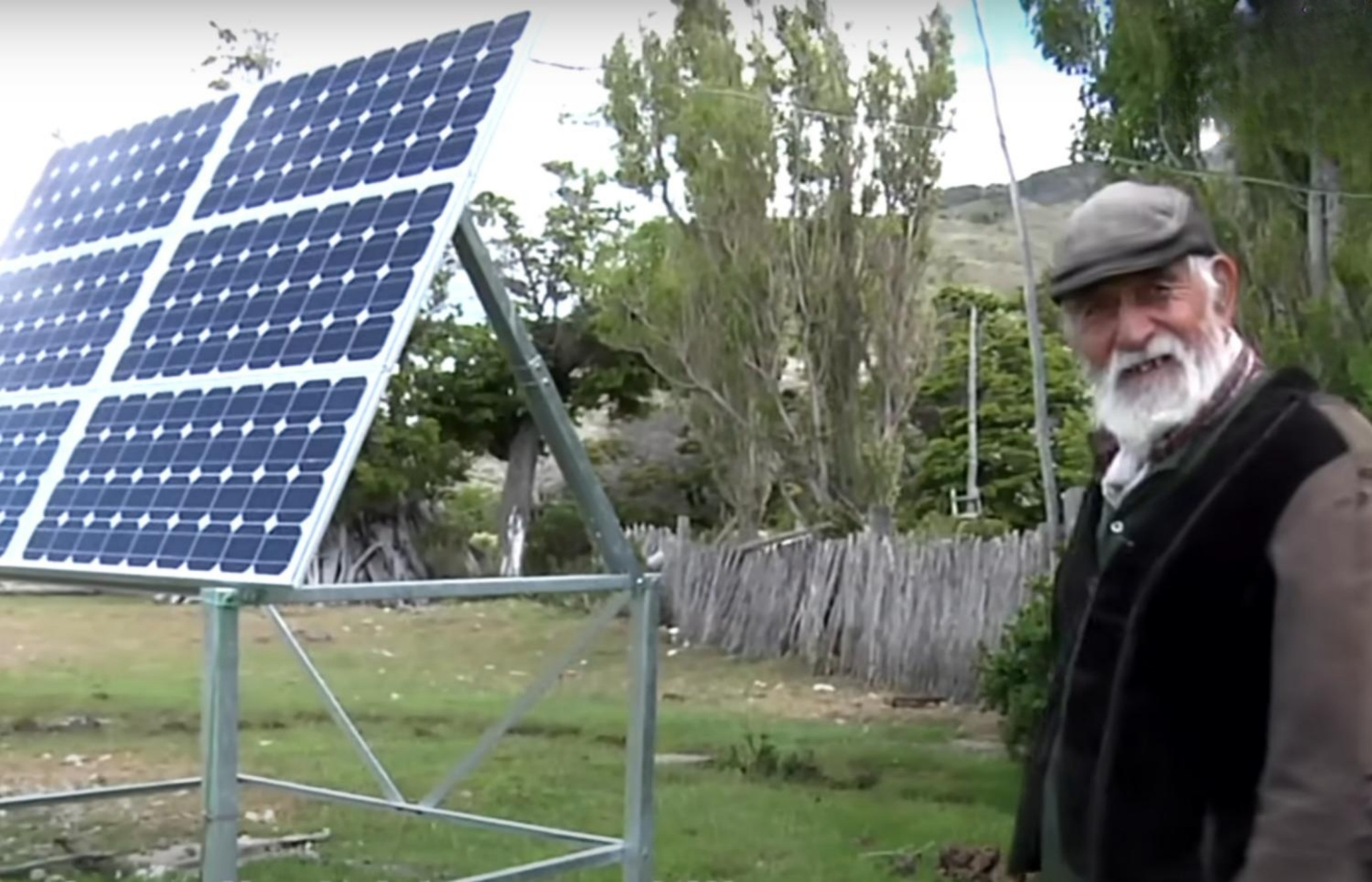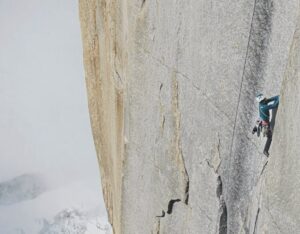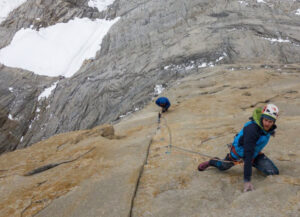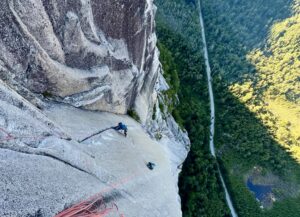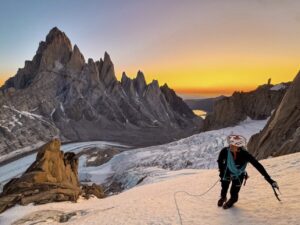The trope of the solitary man covers almost all genres and has existed for as long as we’ve told stories. Depictions of the day-to-day life of real-life loners have never been so accessible. And from closeness springs detail.
This Patagonian pioneer’s ancestors likely traveled by horseback from Santiago de Chile almost all the way to El Chalten — 1,700 kilometers as the crow flies — and set up shop in the spirit of ancestral South American cowboys.
It doesn’t take a genius to know that takes some salt to pull off. This docuseries’ protagonist exists as a window into the nuanced personality that breeds this fringe behavior.

Photo: Screenshot
Patagonia gauchos and the solitary life
Our solitary protagonist is Faustino Barrientos Sanchez. The aging frontiersman moved into a dwelling fashioned in part from a shipwrecked fishing boat in 1965. As of this 2011 docuseries, he still lived there.
“If you spend a year without going out, you’ll spend a year without seeing anyone,” says Faustino Barrientos (subtitles translated from Spanish). “You figure it out.”
By reputation, gauchos, the Chilean cousin of the North American cowboy, were just as rugged and, if anything, more solitary than their oft-dramatized counterparts.
That tracks for Barrientos, who travels by horseback and tends to his small herd of livestock in his lakeside abode. No roads connect him and the nearest town. Twenty-five miles away, it only numbers a few hundred people.
Most of them, we learn, are less than friendly with him. Among the ire, there’s a particularly virulent rumor that he once tried to shoot his nephew. And when the documentarians speak with his brother Florindo about him, the sentiment is simplistic.

Faustino and Florindo Barrientos’ family. Photo: Screenshot
“I don’t like to be alone. I like having conversations,” Florindo says.
“And him?” the documentarian asks.
“No.’
Cowboy kaleidoscope
Look a little closer into this four-parter, though, and you’ll find Faustino Barrientos’ life is far from a caricature. The 81-year-old keeps up with the world beyond his trusty shack and log fences in a manner that’s inquisitive and exploratory. Unlike his neighbors, he’s up to date on American politics. A consummate pastoralist, he knows ancient oceans once covered most of the area where he lives and he links discoveries he’s made in his travels to that history.
He contends with incursions from forces like bureaucracy and tourism, makes friends, modernizes his life, and holds to tradition.
Stick with the story long enough and you’ll get clues into the violent facets of Barrientos’ life that his town-dwelling neighbors whispered about near the beginning.
I won’t tell you how to interpret Faustino Barrientos Sanchez’s life and outlook. All you have to do is watch it play out and think for yourself — a faculty you’ll soon realize you spent the past 45 minutes receiving a lesson in from Barrientos himself.
